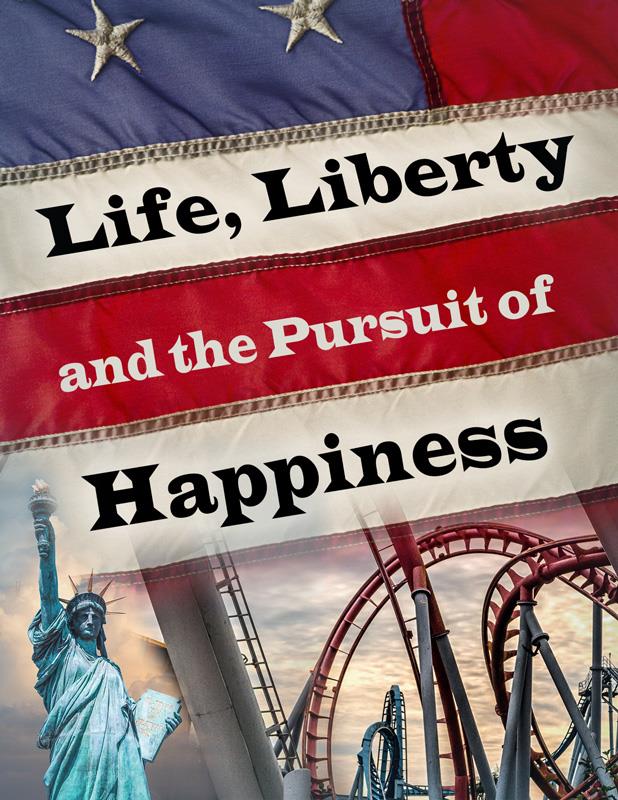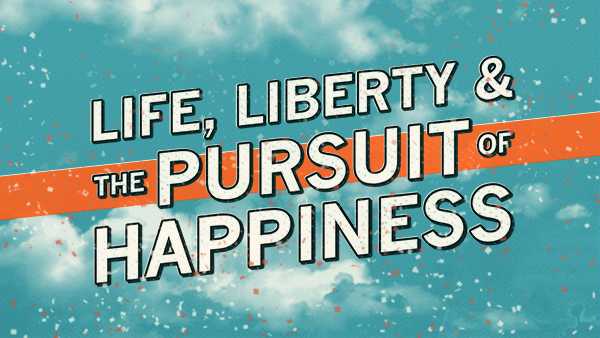

Īccording to those scholars who saw the root of Jefferson's thought in Locke's doctrine, Jefferson replaced "estate" with "the pursuit of happiness", although this does not mean that Jefferson meant the "pursuit of happiness" to refer primarily or exclusively to property. He declared in his Essay Concerning Human Understanding that "the highest perfection of intellectual nature lies in a careful and constant pursuit of true and solid happiness". In A Letter Concerning Toleration, he wrote that the magistrate's power was limited to preserving a person's "civil interest", which he described as "life, liberty, health, and indolency of body and the possession of outward things". In 1689, Locke argued in Two Treatises of Government that political society existed for the sake of protecting "property", which he defined as a person's "life, liberty, and estate".


The greatest disagreement comes between those who suggest the phrase was drawn from John Locke and those who identify some other source. Ī number of possible sources or inspirations for Jefferson's use of the phrase in the Declaration of Independence have been identified, although scholars debate the extent to which any one of them actually influenced Jefferson. We hold these truths to be self-evident, that all men are created equal, that they are endowed by their Creator with certain unalienable Rights, that among these are Life, Liberty and the pursuit of Happiness. Their version survived further edits by the whole Congress intact, and reads:

The Committee of Five edited Jefferson's draft. We hold these truths to be sacred & undeniable that all men are created equal & independent, that from that equal creation they derive rights inherent & inalienable, among which are the preservation of life, & liberty, & the pursuit of happiness. This version was used by Julian Boyd to create a transcript of Jefferson's draft, which reads: Jefferson's "original Rough draught" is on exhibit in the Library of Congress. The second paragraph of the first article in the Declaration of Independence contains the phrase "Life, Liberty and the pursuit of Happiness". It was then further edited and adopted by the Committee of the Whole of the Second Continental Congress on July 4, 1776. The United States Declaration of Independence was drafted by Thomas Jefferson, and then edited by the Committee of Five, which consisted of Jefferson, John Adams, Benjamin Franklin, Roger Sherman, and Robert Livingston. Like the other principles in the Declaration of Independence, this phrase is not legally binding, but has been widely referenced and seen as an inspiration for the basis of government. The phrase gives three examples of the unalienable rights which the Declaration says have been given to all humans by their Creator, and which governments are created to protect. " Life, Liberty and the pursuit of Happiness" is a well-known phrase in the United States Declaration of Independence. Office of War Information war poster (1941–1945) For other uses, see The Pursuit of Happiness.


 0 kommentar(er)
0 kommentar(er)
